Abscence are a metal band drawing from 90s black and gothic metal, known for their epic, atmospheric songs. Their new album, Enigma, arrives 12 September. We spoke with Morrigan about love, shadows, and the fragile strength that runs through the music.
Lucy
“Enigma” tells the story of two immortal lovers. What inspired you to explore this theme, and why through vampires?
Morrigan
Vampires represent the extremes of love—forever binding, seductive, but also destructive. When I came into Abscence, most of the album was already written. That was both exciting and intimidating. As a woman stepping into a band of men, with their sound already defined, I had to ask myself: where do I fit in this story? But when I heard the songs, I felt they already carried the weight of a gothic novel. The vampire theme wasn’t invented—it was already there, in the atmosphere. I didn’t force myself onto it; I just let my voice find its place inside it.
Lucy
The album unfolds like a gothic novel, each track a chapter heavy with devotion and betrayal. Did the music emerge first and summon the story, or did the narrative itself demand the soundscape?
Morrigan
The music came first. Gawain had the compositions mapped, the orchestrations layered, and the flow of the album taking shape. But when I joined, I was given the freedom to add bass and vocals—and that’s where the story gained new colors. As a woman, my clean vocals brought a fragile, almost human touch, while my brutal vocals on Cloak of Mind and Whispers on Eternity gave it a darker, feral edge. Those contrasts expanded the narrative in ways that weren’t planned at the start.
Lucy
Abscence, like most metal band, leans into grandeur and complexity at a time when much of the industry favors simplicity. Do you see yourselves as resisting the current or simply following where your own heart leads?
Morrigan
We never set out to resist anyone. We write what feels true to us. Take Cloak of Mind: it’s eight minutes long, with a riff in the middle we loved so much we could’ve built an entire separate song around it. Instead, we left it inside, repeating it only once. It forces listeners to stay with the song to experience that moment. And Eternal Vows of Midnight was an even bigger risk—it barely belongs to black metal. It’s slow, gothic, and vulnerable, and yet, inside the album, it became essential. It worked because Enigma isn’t just about heaviness—it’s about journey and contrast.
Lucy
Titles like “Silk & Shadows” and “Eternal Vows of Midnight” are full of imagery. How important is atmosphere compared to pure emotion when you write?
Morrigan
For us, atmosphere and emotion are inseparable. As a woman, I think I feel this strongly—when I sing clean parts, I’m not just creating atmosphere, I’m exposing vulnerability. That can be scarier than growling, because it’s naked and fragile. But when I switch to brutal vocals, it’s the other side of me—the anger, the intensity, the part that refuses to be hidden. Both sides are real, and the music gives me space to carry them both.
Lucy
How do you balance these two roles as a vocalist and bassist, and what do they each mean to you in telling this story?
Morrigan
At first, it was daunting. The guys had been together for years, and I came in late with two roles to carry. On bass, I had to anchor the weight of the songs, but as a vocalist, I was suddenly carrying parts of the story too. Playing bass makes me part of the structure—it’s almost invisible, but without it, nothing holds. Singing makes me vulnerable, especially the cleans, because there’s nowhere to hide. At first I wondered if they only wanted me to play, but then they asked me to add vocals. That moment was important—it was trust. It showed me they wanted me as part of the band’s identity, not just as support.
Because I joined late, the guitars, keyboards, and a lot of the arrangements were already tracked. That meant I had to step into an existing world and leave my mark without breaking it. For bass, we worked on tone that cut through but didn’t overpower the orchestration. For vocals, we approached cleans and growls differently. The clean vocals were layered, placed carefully in the mix, almost like another instrument. The growls were raw, usually kept from early takes. I didn’t want them polished; I wanted them to sound like the moment they came out of me, unfiltered. We even kept some imperfections—because Enigma isn’t about a flawless performance, it’s about honesty.
Lucy
Do you see “Enigma” as something listeners can enjoy track by track, or is it meant to be taken as a complete journey?
Morrigan
You can enjoy it in fragments, but it makes the most sense as a whole. Cloak of Mind only reveals its full weight when you’ve heard the build that leads to that central riff. Eternal Vows of Midnight might seem too soft or gothic on its own, but inside the record, it becomes the emotional core, the breath between storms. To me, the album is like a book—you can read a single chapter, but you only feel the full tragedy when you read it from start to finish.

Lucy
What is the one feeling or thought you want people to take with them after listening to “Enigma”?
Morrigan
That love is never safe. It’s fragile and violent at the same time. For me personally, I also hope women listening hear something of themselves in it—that strength doesn’t mean erasing vulnerability, and vulnerability doesn’t mean weakness. The two can live together. That’s what Enigma carries.
Lucy
Metal has often struggled with how it portrays women, yet “Enigma” places two women at the heart of its story. Do you see this as a feminist act, or simply a natural expression of your vision?
Morrigan
It’s both. The story demanded two women, and we didn’t censor that. But in a genre where women are often reduced to symbols or background figures, letting them carry the narrative is a feminist act whether we meant it or not. For me, joining late, it was powerful to see the band embrace that without hesitation. It wasn’t “let’s add a female perspective”—it was “this is the story, and this is who tells it.” That honesty is rare, and it’s why I feel at home in Abscence.

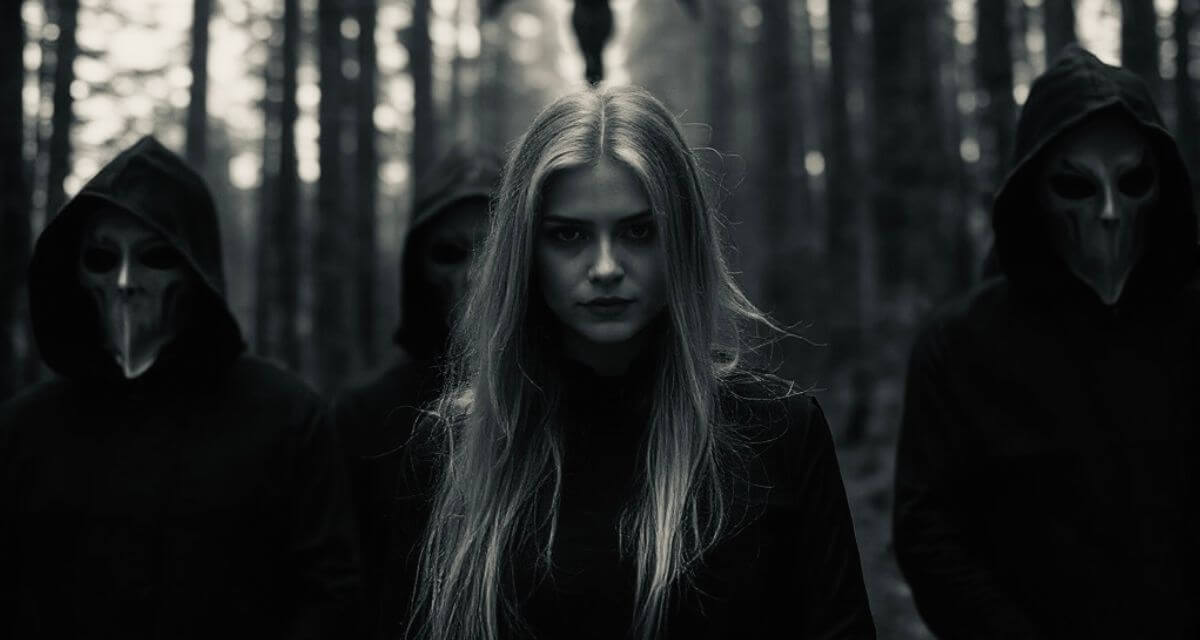

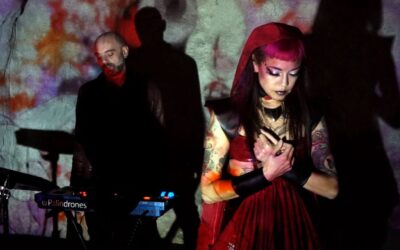



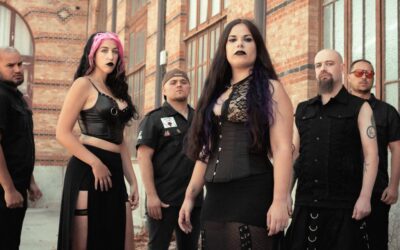





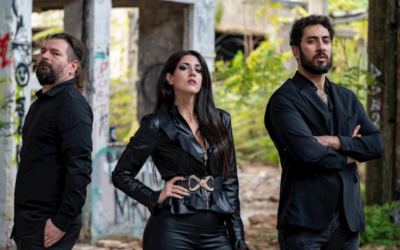

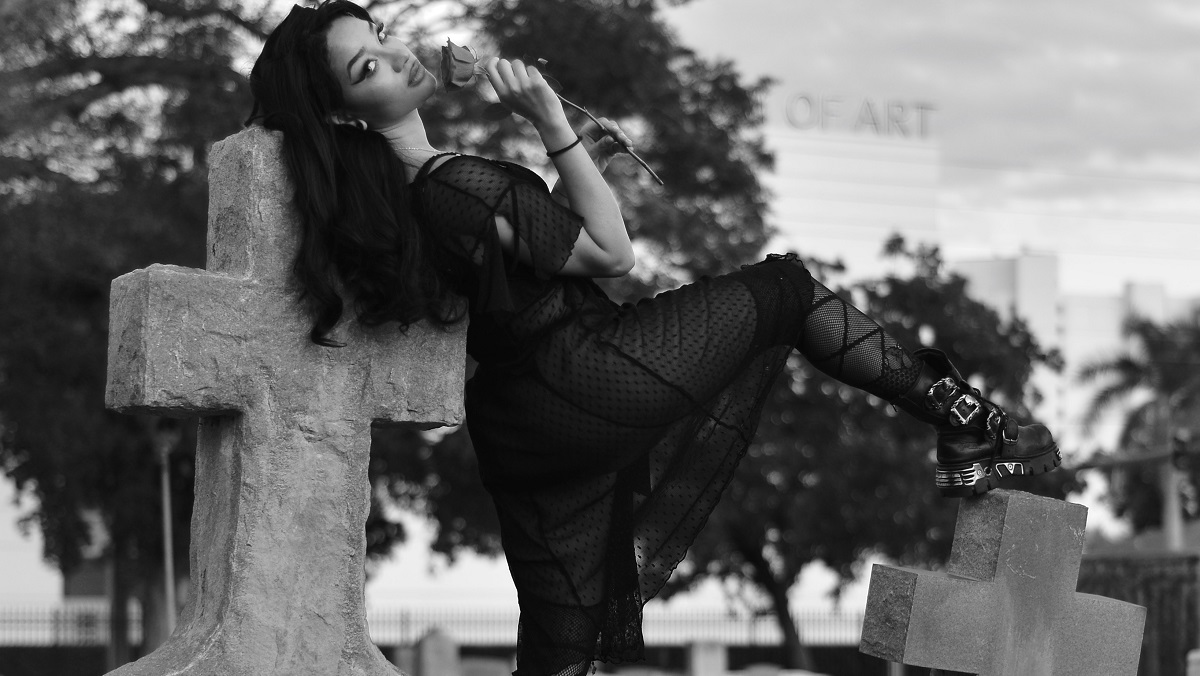


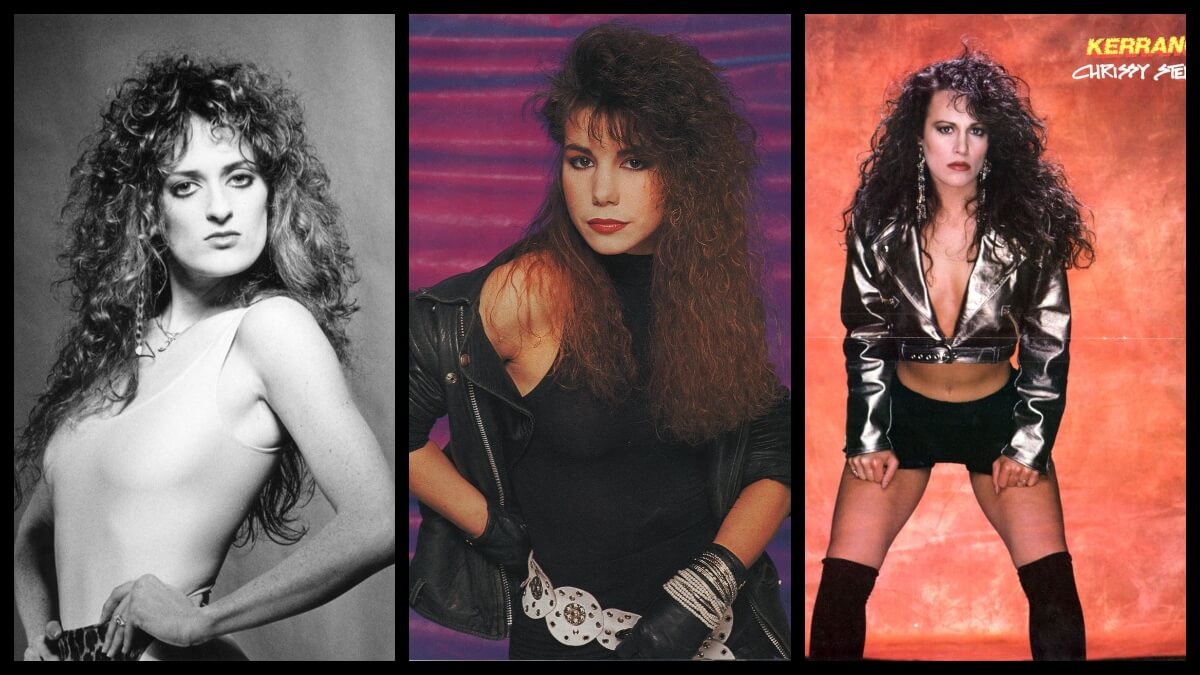
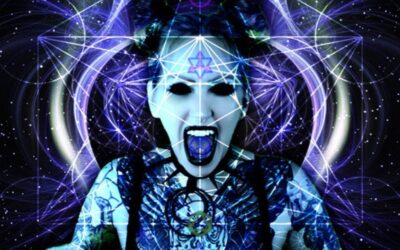

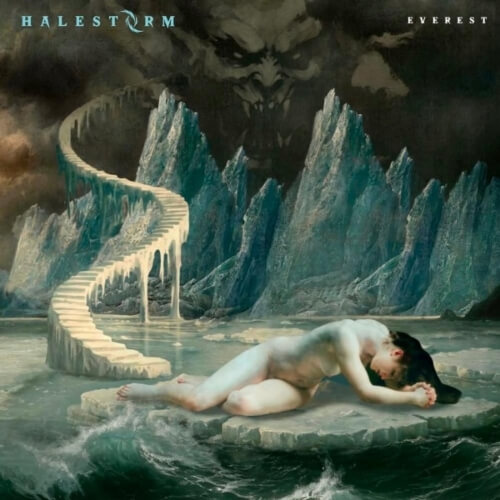
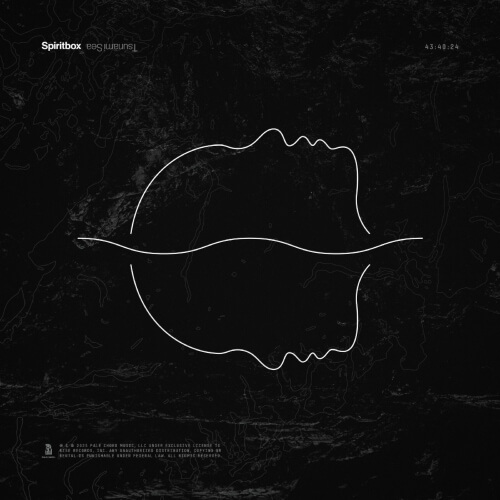
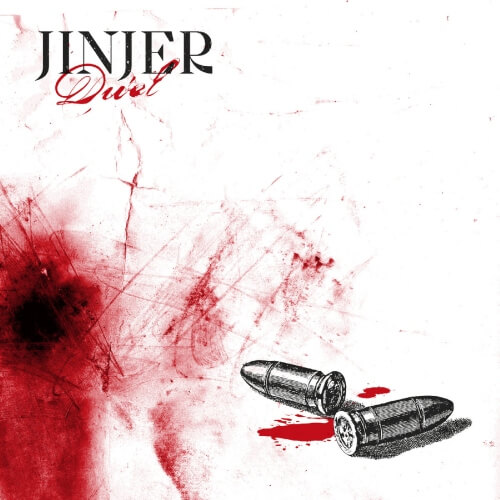
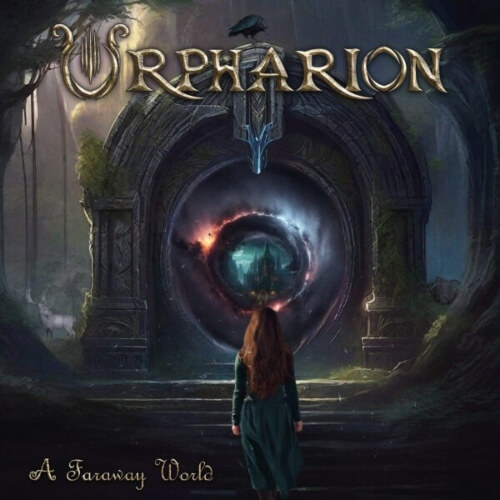
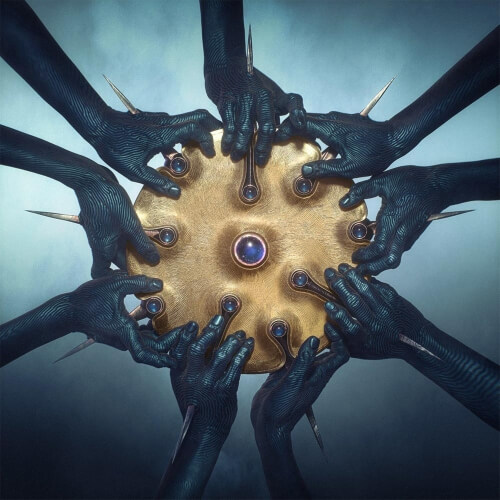

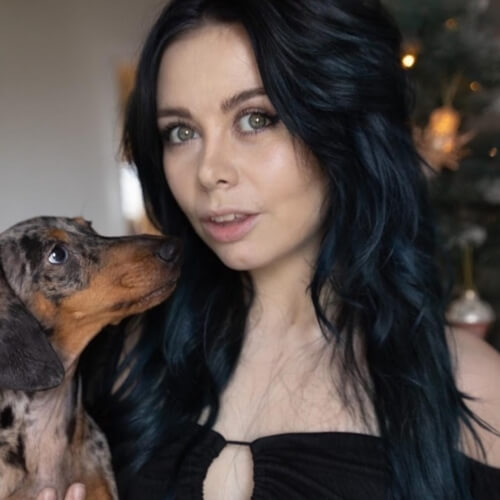
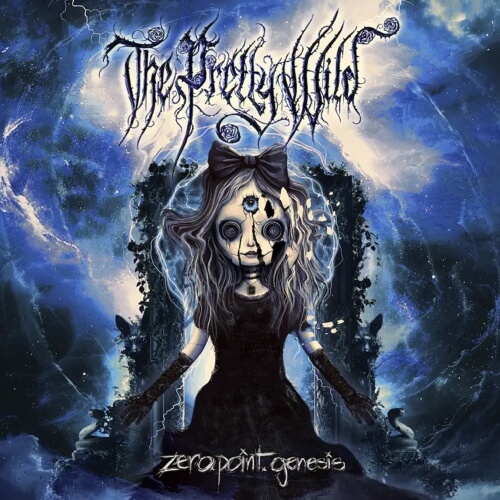


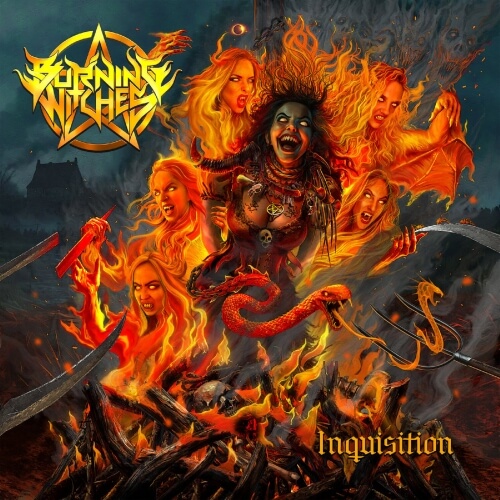
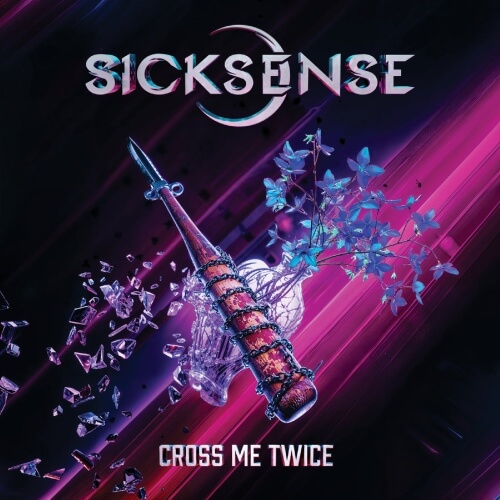
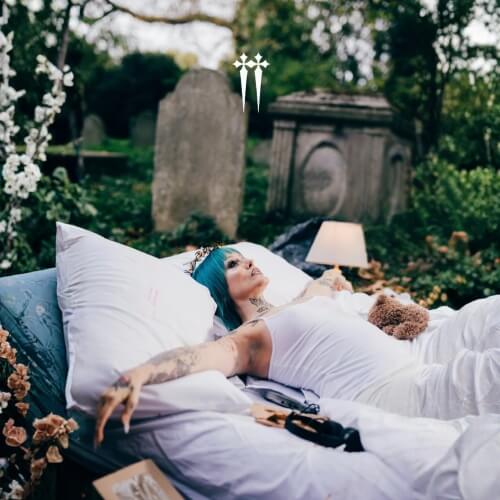
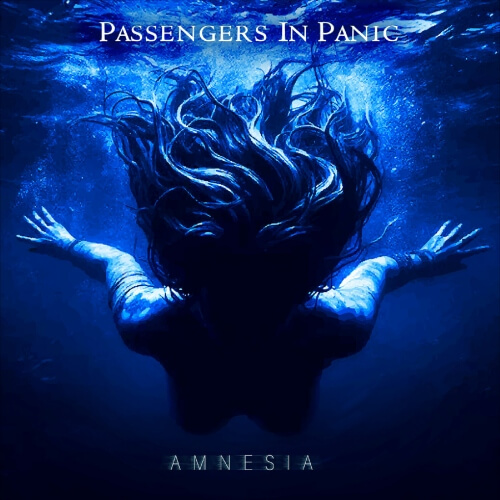

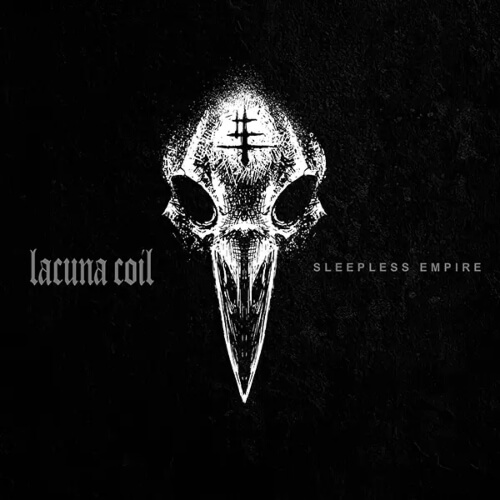
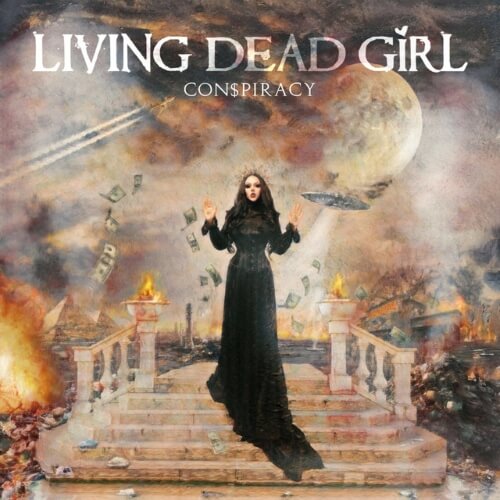
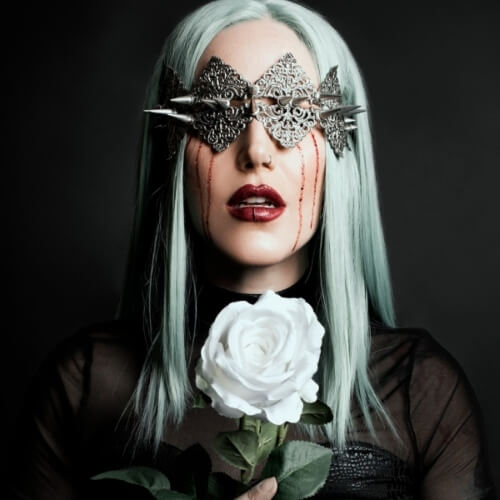
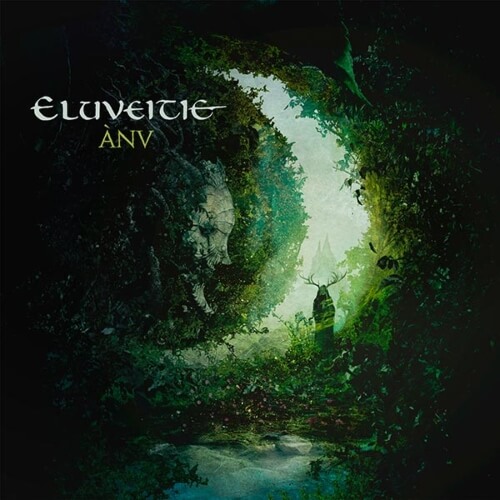
0 Comments